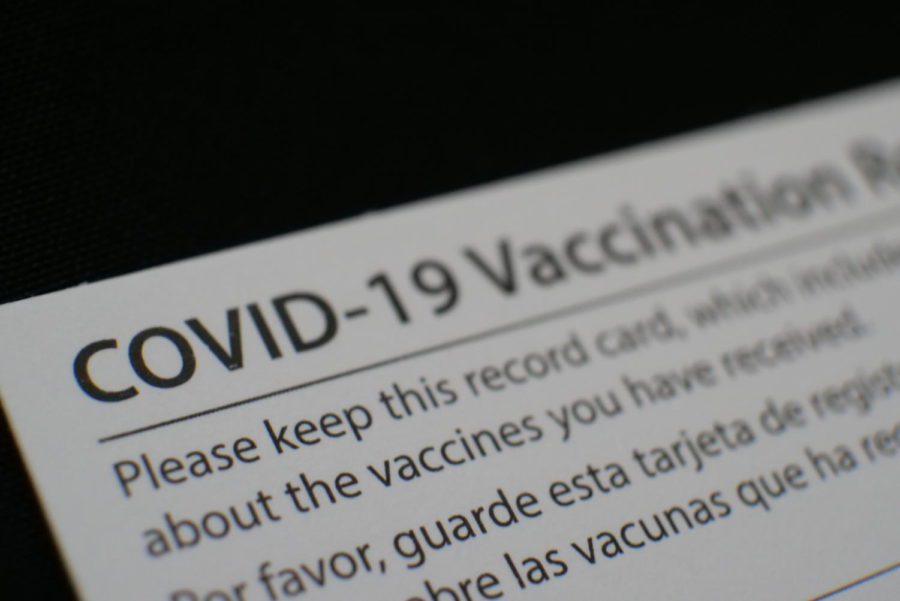Editorial: NIU’s differences in vaccination policies explained
NIU will require COVID-19 vaccines for on-campus students.
July 11, 2021
NIU notified its students on June 23 that vaccines for COVID-19 are mandatory for students to attend in-person classes. However, university employees are not required but are “strongly encouraged” to get vaccinated against COVID-19. While it may initially appear as a double standard, the requirement for students and lack of requirement for employees ultimately makes sense.
Looking at the numbers from NIU’s student and faculty profile, there are roughly 16,000 students and 3,000 faculty and staff members at NIU. The university is a congregate setting. Meaning, many students are living through constant social interaction.
“Students are more susceptible. Students live, study and socialize in settings where the virus is easily spread. During the 2020-2021 academic year, more than 90% of our reported COVID-19 cases came from students.” According to a Vaccination Policy from July 7.
The statement also reads that many vaccines against serious diseases are already mandated, so it seems NIU has a history of ensuring that campus is safe from communicable diseases.
What is different is the lack of COVID-19 vaccine mandate for employees. While at first it may have seemed skeptical, the statement said employees have been very collaborative in slowing the spread of COVID-19, whether it be through following the mask policy and social distance guidelines or helping the DeKalb County Department of Public Health with contact tracing.
It is important for the faculty and staff at NIU to still be held accountable if they choose not to get vaccinated. The Editorial Board finds it reassuring to see in the statement that unvaccinated employees will have to take more precautions and be closely monitored through the weekly surveillance system.
Students deserve to know whether staff members are making safe choices and vice versa. Understanding the policy is important, considering some students may be chronically ill or immunocompromised.
With this university statement, students can feel safer knowing the reasons behind the policy.







